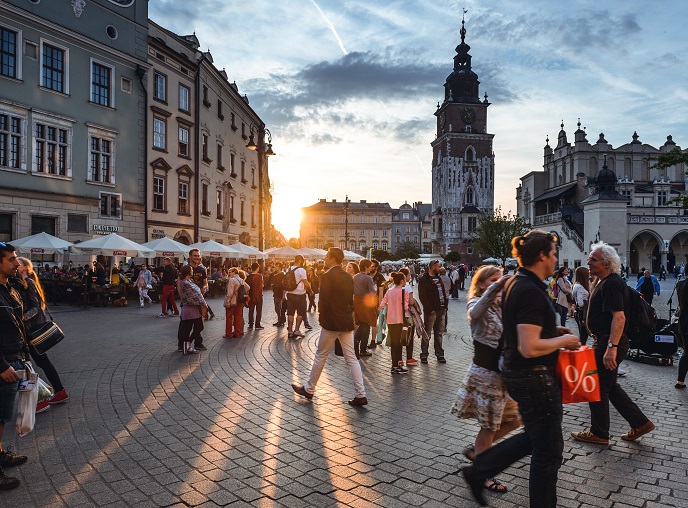Putting cities at the heart of energy transition
Europe aims to be the first climate-neutral continent by 2050 by becoming a modern, resource-efficient economy. The European Green Deal is the centrepiece of the EU’s climate strategy, which will mobilise at least EUR 1 trillion for sustainable investment over the next decade. Other European initiatives such as the NextGenerationEU also invest in environmentally friendly technologies, helping the EU emerge stronger and more resilient from the pandemic crisis. The sum of the publicly available funds from the Multiannual Financial Framework 2021–2027 and the NextGenerationEU’s key instrument, namely the Recovery and Resilience Facility, might not be sufficient to put the whole of Europe on the path to energy transition. Mobilisation of private sources is crucial to make this happen.
Placing energy transition in local hands
“While financial resources are being mobilised to support energy efficiency projects, they often fail to reach smaller-scale projects; many small and medium municipalities still encounter structural difficulties in scaling up (or even attracting) investments to contribute to the energy transition,” notes Francisco Gonçalves, coordinator of the EU-funded EUCF initiative. The EUCF facilitates municipalities and local authorities in realising their ambitious energy and climate plans. “We empower local leaders to develop investment concepts – documents that translate project ideas into financial language to ultimately mobilise finance to realise them,” adds Gonçalves.
Calls for applications
The EUCF, which kicked off in August 2019, is now ending its first phase that consisted of the design, planning and management of calls for applications. Through its four calls, it encouraged local authorities across Europe to identify their sustainable energy projects and pave the way for their financing and implementation. To realise the calls for applications, project partners conducted a lot of preliminary work such as developing the investment concept templates and all required documentation, the online platform and the set-up of evaluation teams. Each call has been organised in parallel in three regions (southern, central-eastern and northern-western European regions), targeting 31 countries (EU-27, the United Kingdom and Iceland, Liechtenstein and Norway. Until now, the EUCF has received more than 600 applications. Most of the applications stemmed from Southern Europe (41 %), followed by Central and Eastern Europe (35 %). In total, 165 investment concepts are under evaluation.
The journey ahead
“We aim to trigger the investment of more than EUR 320 million in sustainable energy, providing 213 cities and their groupings with financial support and technical services to develop tailor-made investment concepts,” notes Francisco Gonçalves. The activities include the preparation of technical feasibility studies, market analyses, stakeholder analyses, as well as legal, economic, financial and risk analyses. A network of national experts will help cities deliver credible and scalable investment projects, which should trigger public and private investment. Overall, project partners expect to reach out to more than 10 800 cities and municipalities across Europe, through the Covenant of Mayors-Europe channel. The resulting investment concepts will represent an initial step towards a fully-fledged business and financial plan, thereby facilitating the subsequent mobilisation of local investment in energy efficiency and renewable energy. Sources of funding will stem from the private sector, as well as from other EU-funded instruments such as the European Fund for Strategic Investments, the European Structural and Investment Funds, various Project Development Assistance facilities, such as the ELENA facility of the European Investment Bank, or various national investment platforms. The EUCF’s ambitious goals are closely linked with those of other major EU initiatives focused on city transformation such as NetZeroCities. “The EUCF helps bridge the gap between the long-term energy and climate plans and their implementation. By offering technical and financial support, it gives cities an opportunity to accelerate investments and jump-start their sustainable energy project ideas,” Gonçalves concludes.
Keywords
EUCF, cities, energy transition, investment concepts, renewable energy, calls for applications



